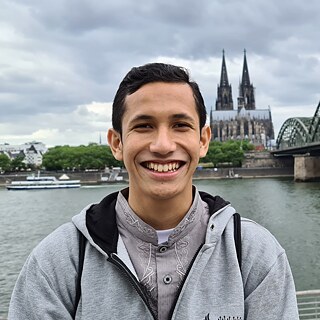Dual training in Germany
Dual training in Germany offers a combination of theory and practice, and optimally prepares career entrants for a professional future in Germany. Especially for young Indonesians, this form of education opens up exciting career opportunities and an internationally recognized degree. Interested? Learn more about visa requirements, language skills and very in-demand occupational fields.









